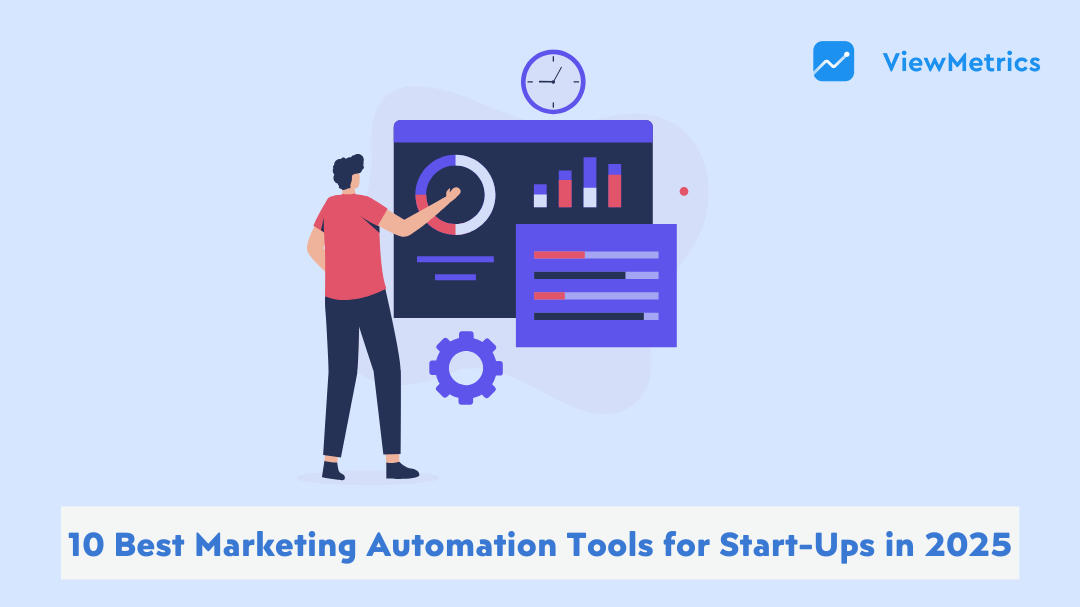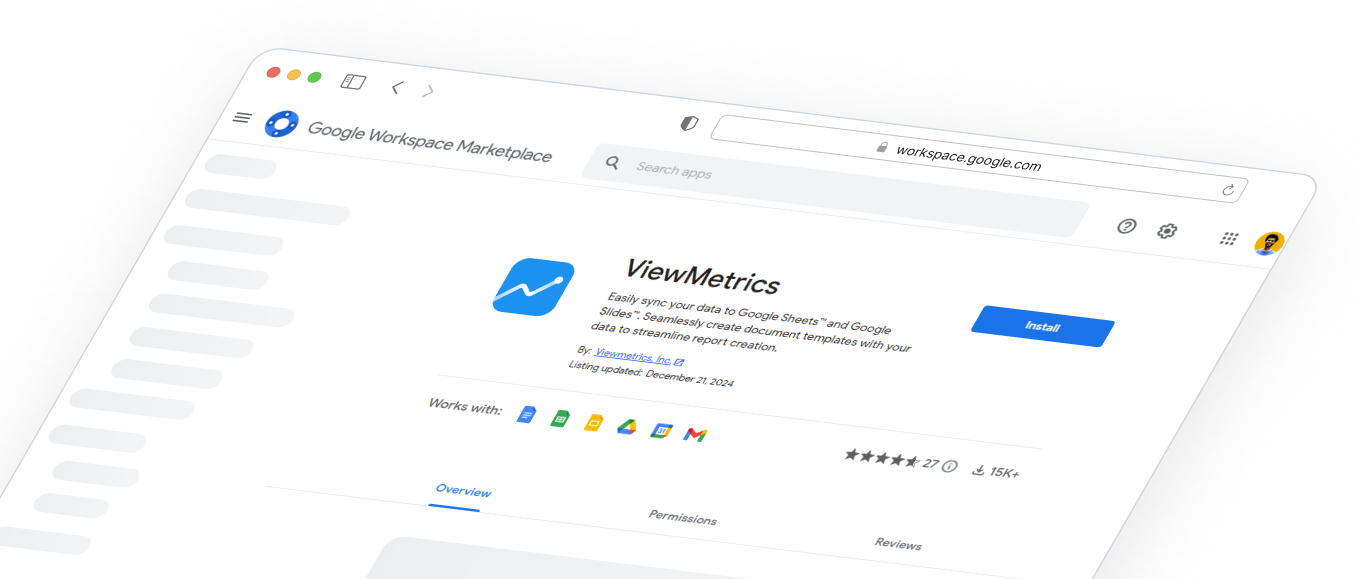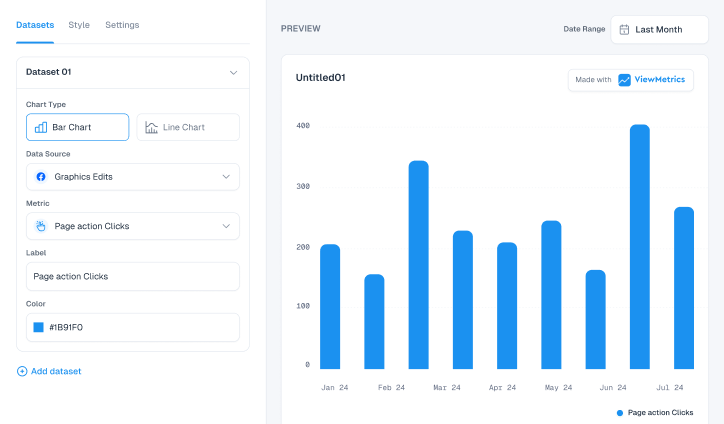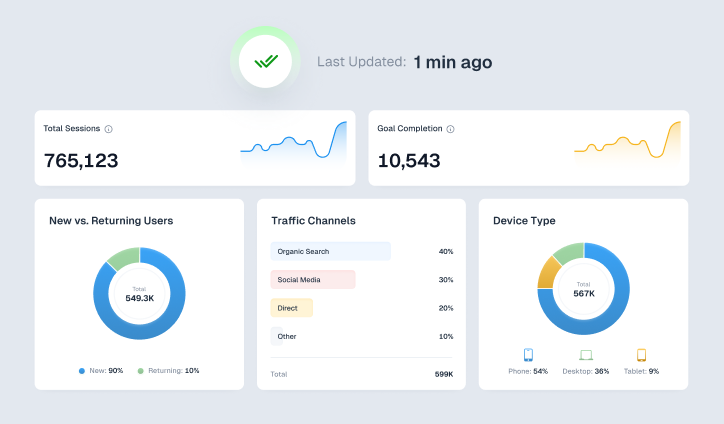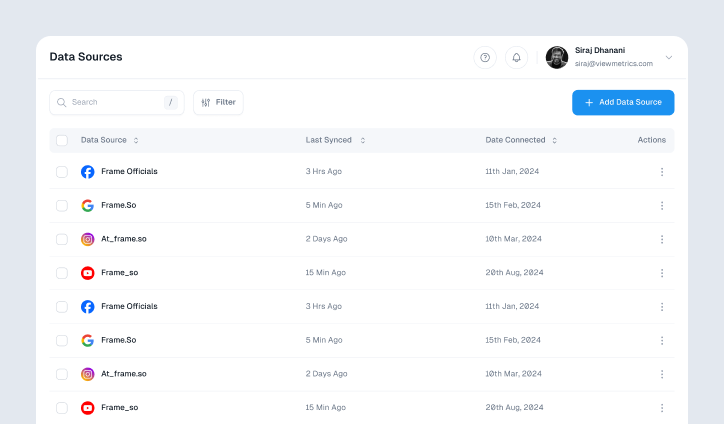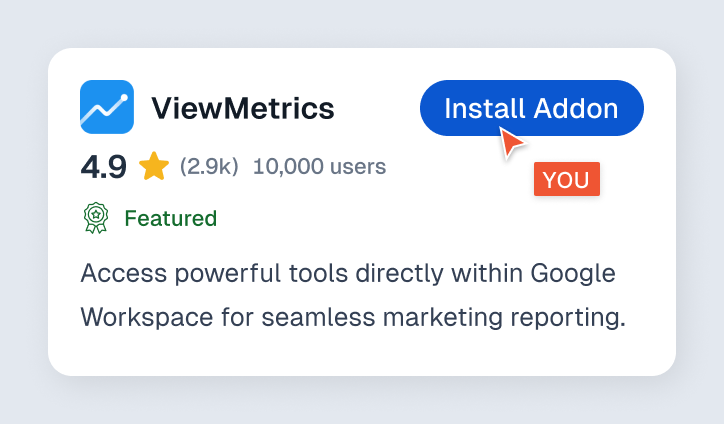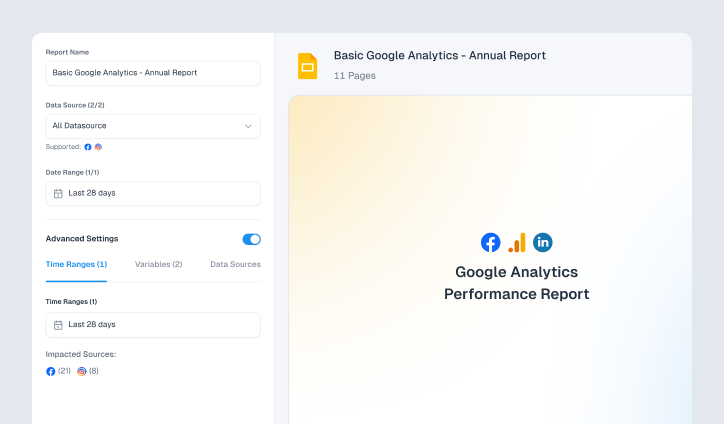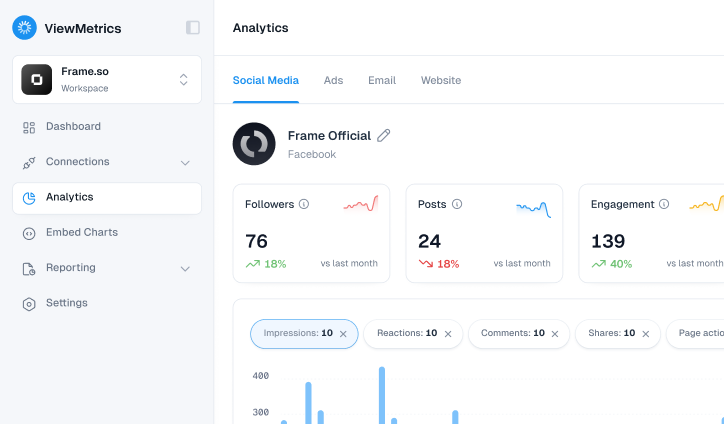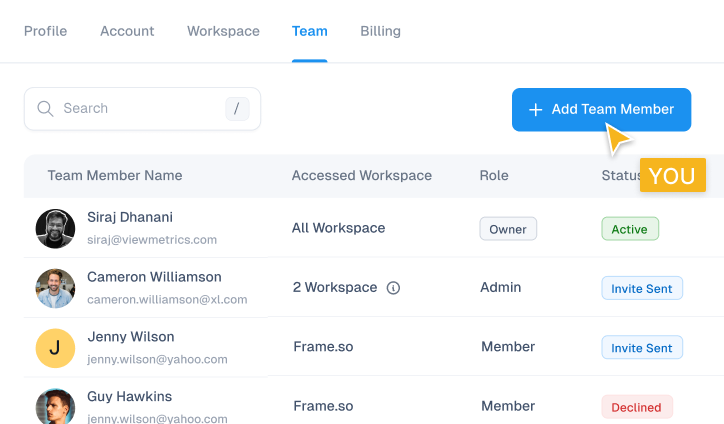Key Takeaways
-
- Marketing automation tools for start-ups help save time and scale with fewer resources.
- The right tool depends on your goals, whether it’s e-Commerce, email, or data reporting.
- Popular choices in 2025 include ViewMetrics, HubSpot, Brevo, and ActiveCampaign.
- Look for ease of use, affordability, integrations, and analytics when choosing.
- The future of automation is AI-driven personalization and cross-channel engagement.
If you’re running a start-up, you know how difficult it can be to juggle marketing along with everything else. That’s where marketing automation tools for start-ups come into play. These platforms allow you to automate repetitive tasks like emails, lead tracking, and reporting with ease. The outcome? More time to focus on growth and less stress from manual work.
What Are Marketing Automation Tools?
Marketing automation tools are software that assist you in running campaigns automatically. Instead of manually sending emails or tracking leads, you can create workflows that handle the work for you. This way, you don’t need to hire large numbers of professionals to manage your campaign. That’s a valuable advantage for startups.
These tools can:
-
- Schedule and send personalized messages.
- Track customer behavior in real time.
- Score leads and move them through your sales funnel.
- Give you insights to refine campaigns.
In short, the main purpose of marketing automation is simply to save you time, effort, and resources, while keeping your campaigns smart and scalable.
A Quick Comparison Table Between the Best Marketing Automation Tools for Start-ups
| Tool | Pros | Cons | Best For |
| ViewMetrics | Easy client reporting automation, multi-channel analytics, customizable templates, Google Sheets & Slides integration | Focus on reporting and analytics, not a full marketing automation platform. | Startups or agencies needing automated marketing data reporting, dashboards, and simplified analytics without investing in a full marketing automation suite |
| Drip | Great for eCommerce businesses, a visual funnel builder for campaign flows, strong CRM integration, and support for SMS marketing | Becomes more expensive as your subscriber list grows, and some advanced features may be overwhelming for beginners. | Online or eCommerce-focused startups looking to deliver highly personalized customer journeys through multiple channels. |
| Brevo | Budget-friendly pricing structure, includes both email and SMS marketing, drag-and-drop campaign builder, and a very easy-to-use interface. | Lacks advanced automation workflows compared to premium platforms and has fewer integrations with third-party tools | Small start-ups or solopreneurs that want a simple, low-cost omnichannel marketing solution |
| HubSpot | Complete CRM and marketing suite, powerful automation features, excellent free plan for small teams, and scales well as businesses grow. | It can become costly when scaling contacts or unlocking advanced features, and it has a learning curve for complex functions. | Startups that want an integrated system for marketing, sales, and customer relationship management |
| Omnisend | Specially designed for eCommerce, supports multi-channel campaigns including emails, SMSs, and push notifications, and easy integration with online stores. | Workflow builder is less flexible compared to competitors, and reporting lacks deep customization. | E-Commerce startups that want to engage customers through multiple channels without adding too much complexity |
| ActiveCampaign | Strong email segmentation, advanced automation workflows, and built-in conversion tracking for performance measurement | Dashboard and interface can feel overwhelming, and pricing increases quickly as the number of contacts grows. | Startups that are building large email lists and need advanced automation tailored to customer behavior |
| Klaviyo | Highly focused on e-Commerce email and SMS campaigns, offers deep integrations with Shopify and other platforms, and strong personalization features | It can be expensive as lists expand, and less useful for non-e-commerce businesses. | Online stores that want to create highly targeted and personalized marketing campaigns tied to purchase data |
| Ortto | Combines marketing automation with customer data platform (CDP) features, supports detailed customer journey tracking, and provides good analytics | Still relatively new in the market, with fewer third-party integrations compared to established platforms | Startups that want both a CDP and automation features bundled into one solution |
| Mailchimp | Easy setup for beginners, offers a freemium tier, recognized as an all-in-one platform with email, ads, and landing pages. | Automation features are more basic than advanced tools, and higher plans become expensive for larger lists. | Startups or first-time users who want to test automation without upfront costs |
| Sender | Extremely affordable plans, high email deliverability rates, and includes a simple automation builder for workflows. | Limited advanced features compared to competitors and fewer app integrations | Early-stage startups that only need essential email automation and reliable delivery on a tight budget |
10 Best Marketing Automation Tools for Start-Ups in 2026
By now, you are probably curious about some marketing automation tools worth trying! Here are the top 10 options for start-ups this year. Each offers unique benefits, and the best choice depends on your business model, budget, and goals.
-
-
ViewMetrics
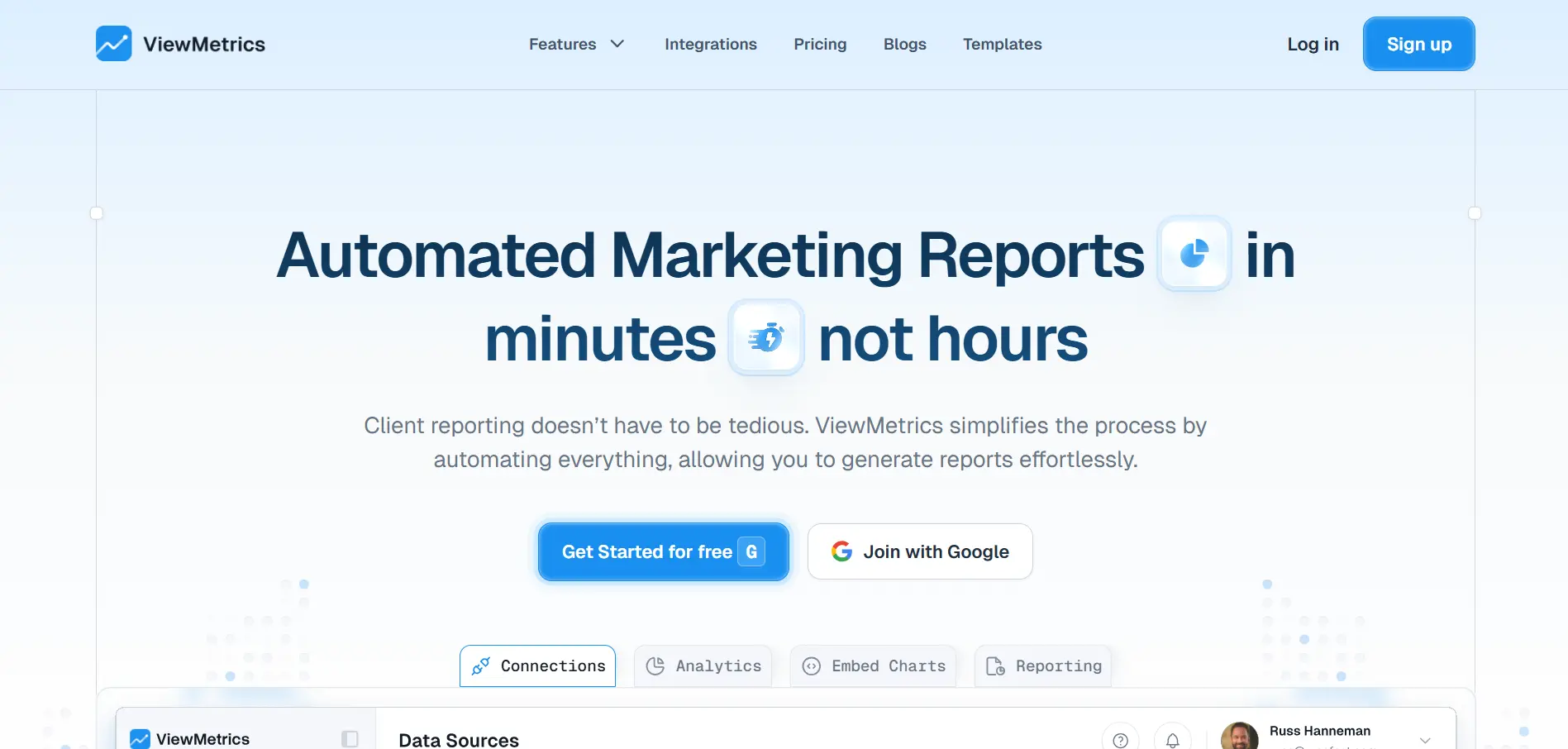
With a strong focus on marketing data, ViewMetrics helps you pull numbers from different platforms into one view. It is built for teams that want clarity in reporting and less time stuck in spreadsheets.
-
-
-
Drip
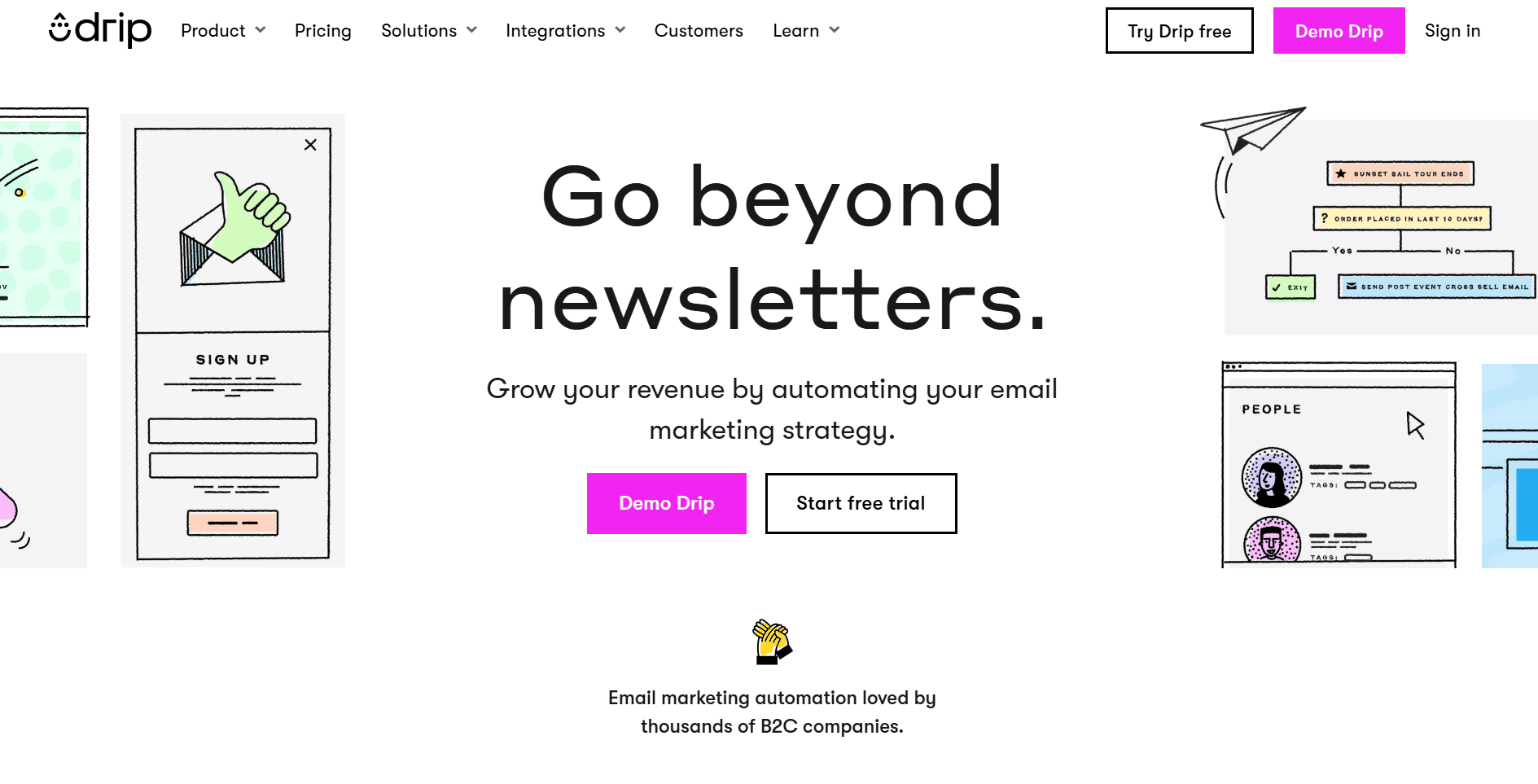
Known for its customer journey mapping, Drip gives you the ability to nurture subscribers with behavior-based emails. It’s especially good if you want to move beyond generic campaigns.
-
Brevo
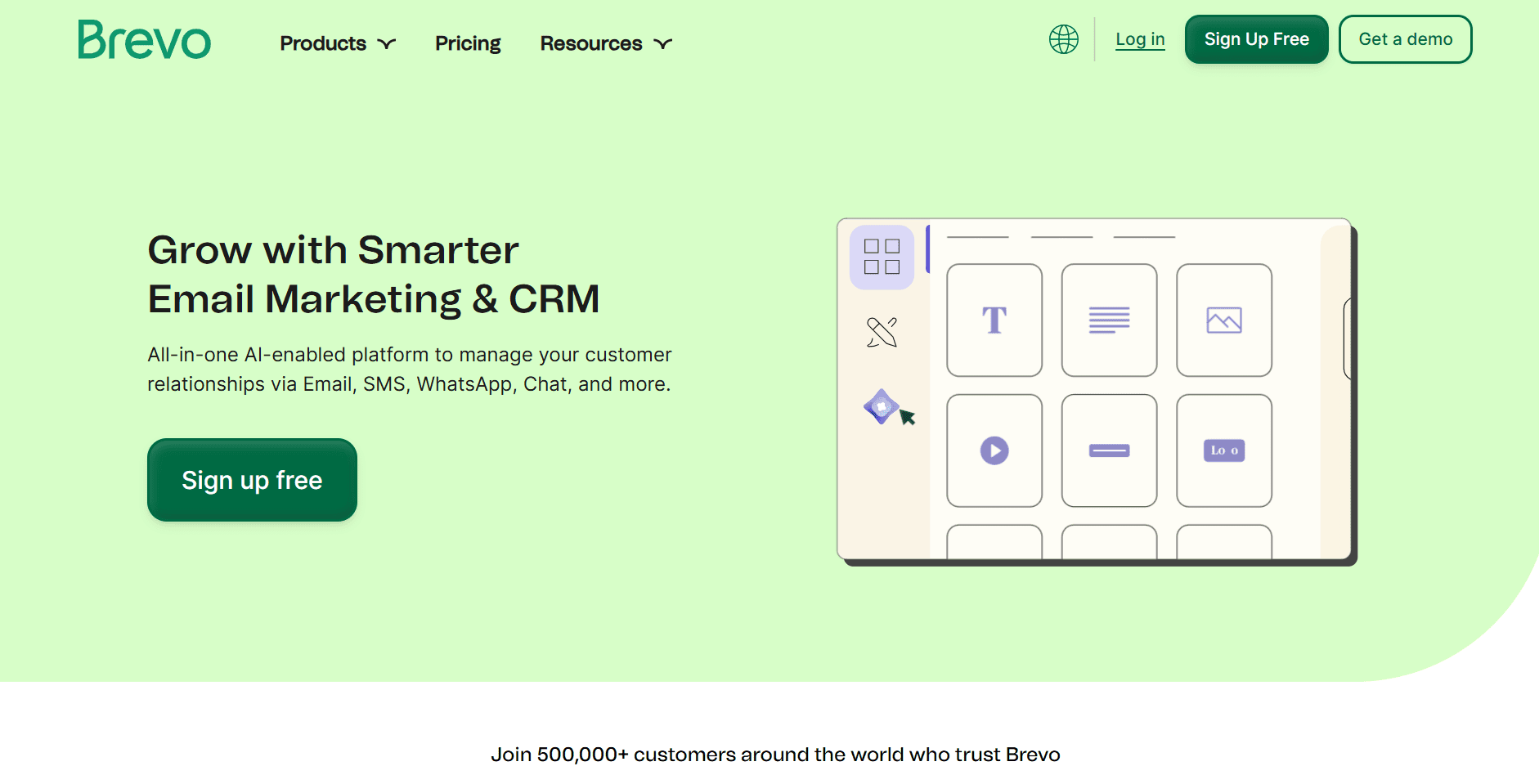
Formerly Sendinblue, Brevo offers an approachable platform with a clean interface. You can quickly set up campaigns even if you have no technical background.
-
HubSpot
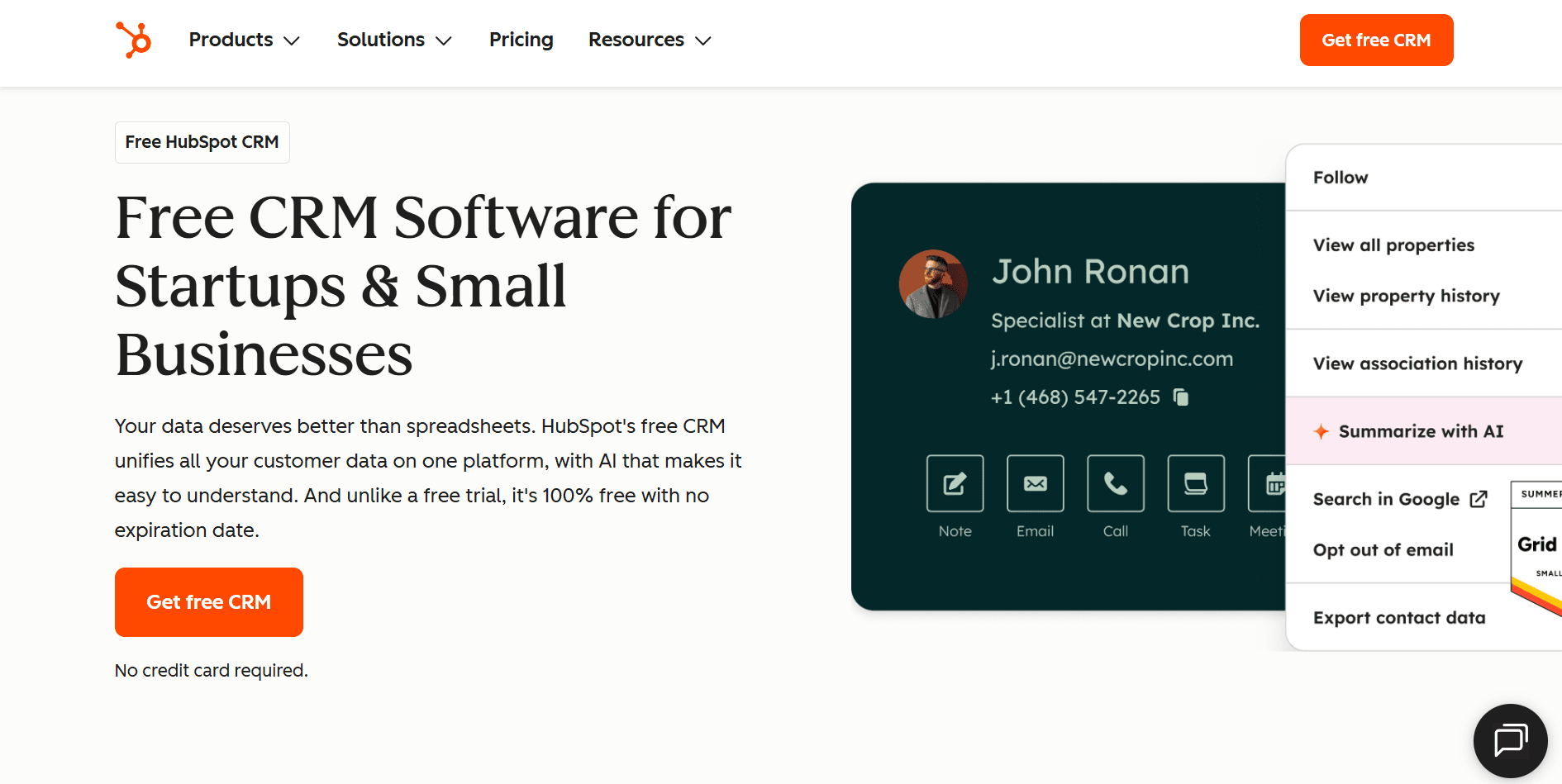
HubSpot stands out for combining marketing, sales, and customer management into one ecosystem. It’s useful if you want everything tied together instead of juggling multiple tools.
-
Omnisend
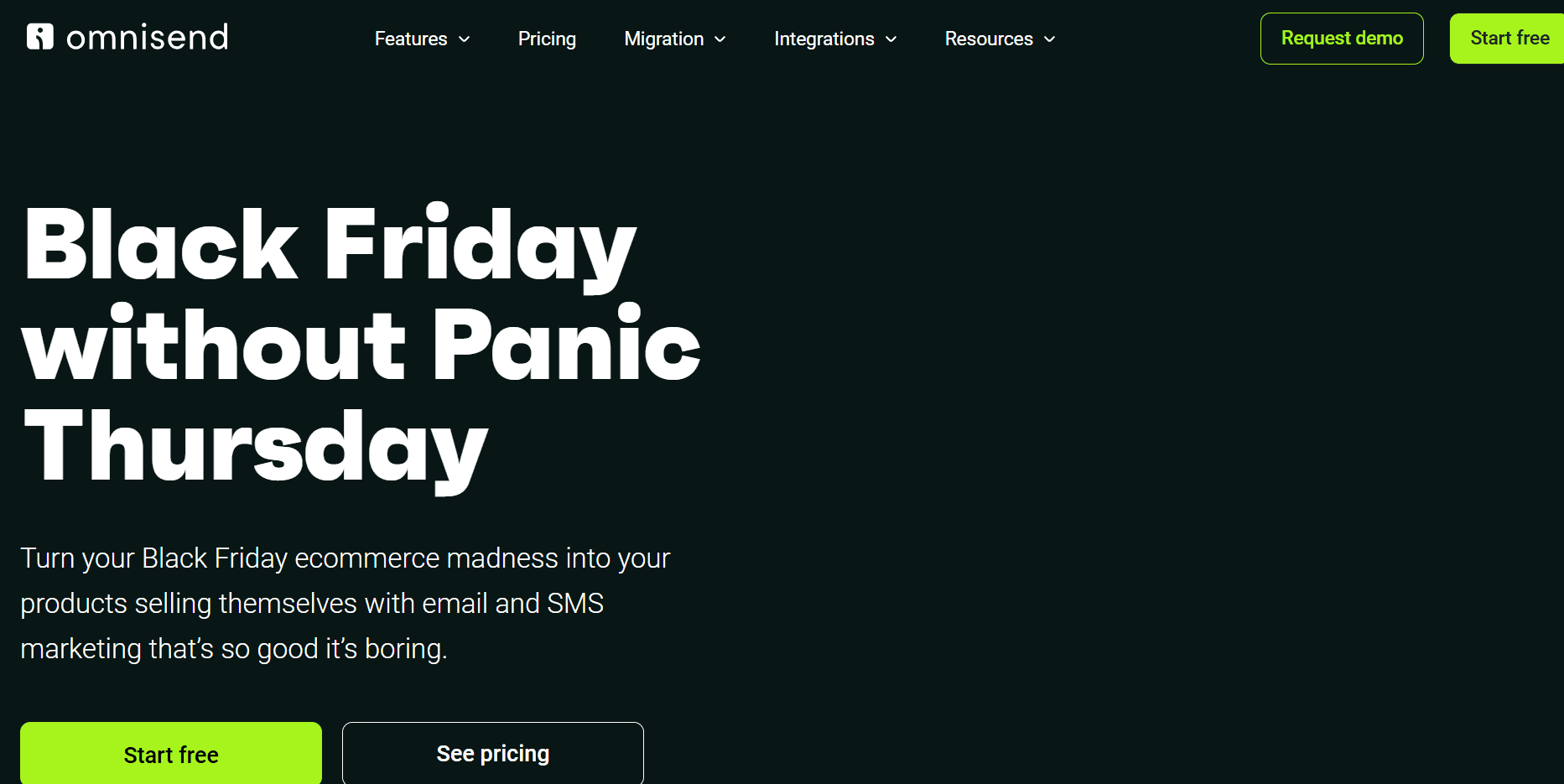
This tool makes it easy to coordinate messages across emails, SMSs, and push notifications. The highlight is how it supports online stores with ready-made campaign ideas.
-
ActiveCampaign
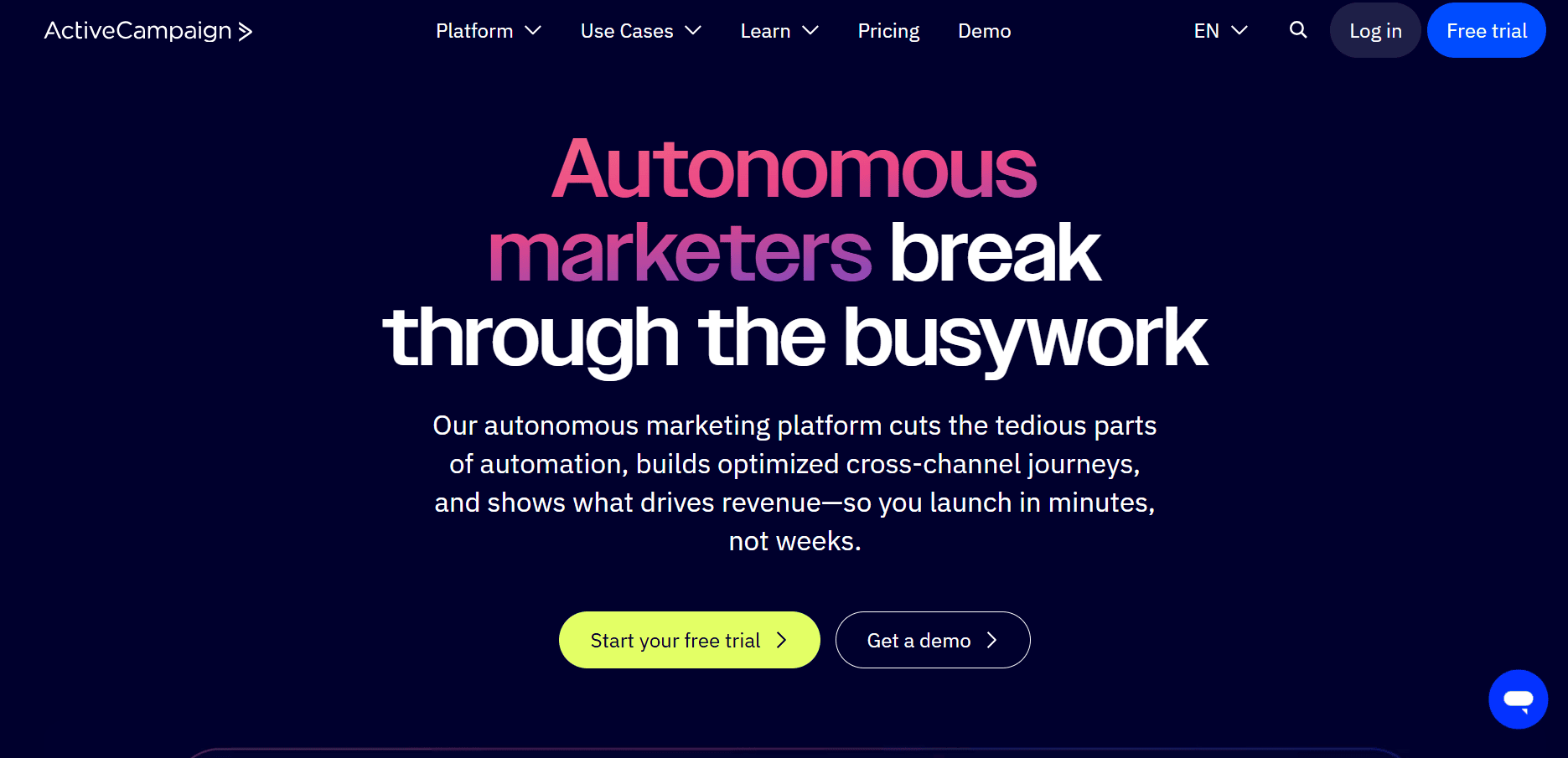
Beyond just email, ActiveCampaign lets you build detailed customer paths. You can add conditions and logic that make communication feel more tailored.
-
Klaviyo
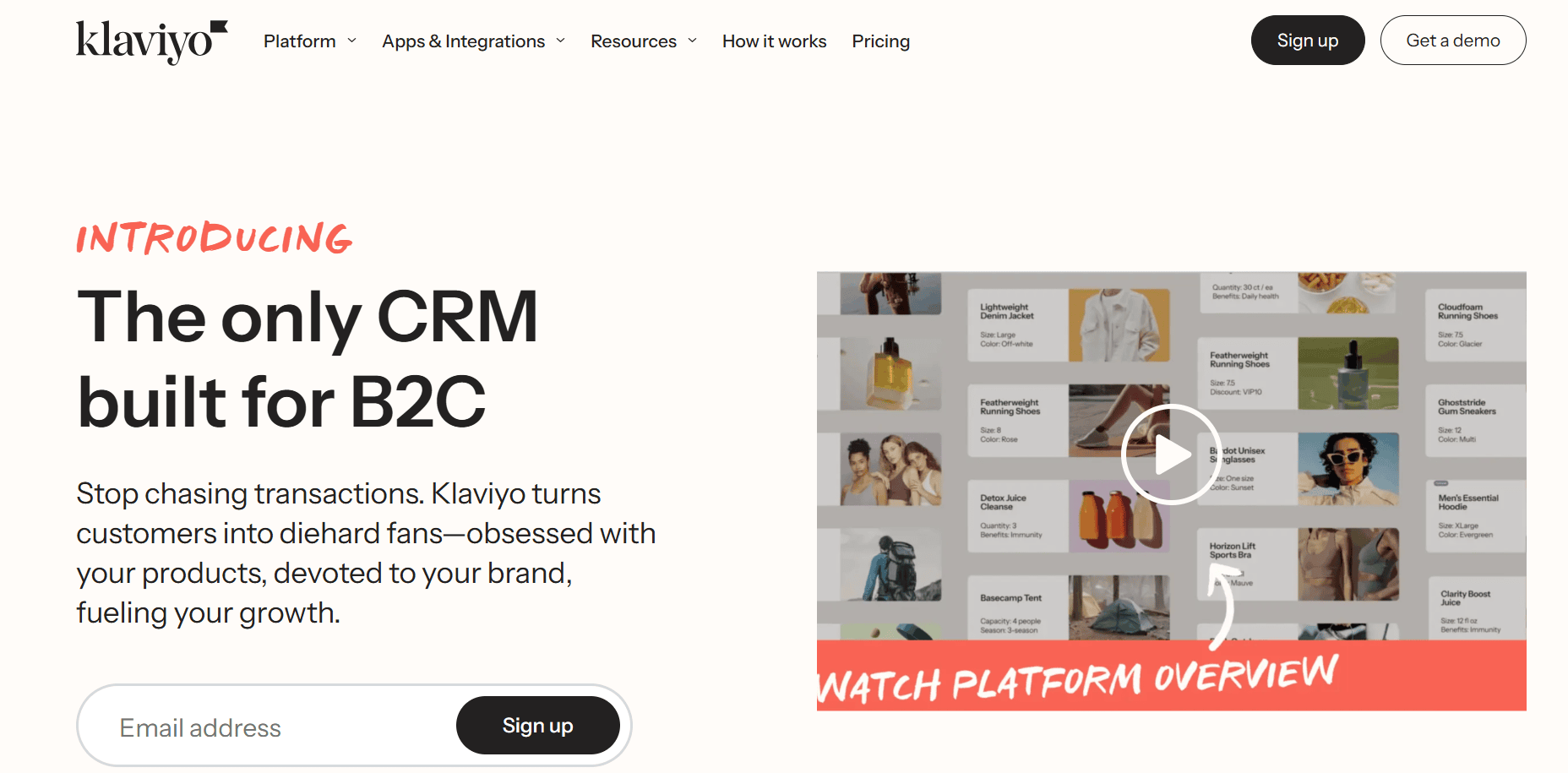
Its strength is in digging deep into customer data, especially for online retailers. If you want advanced segmentation with a strong focus on revenue tracking, this tool shines.
-
Ortto
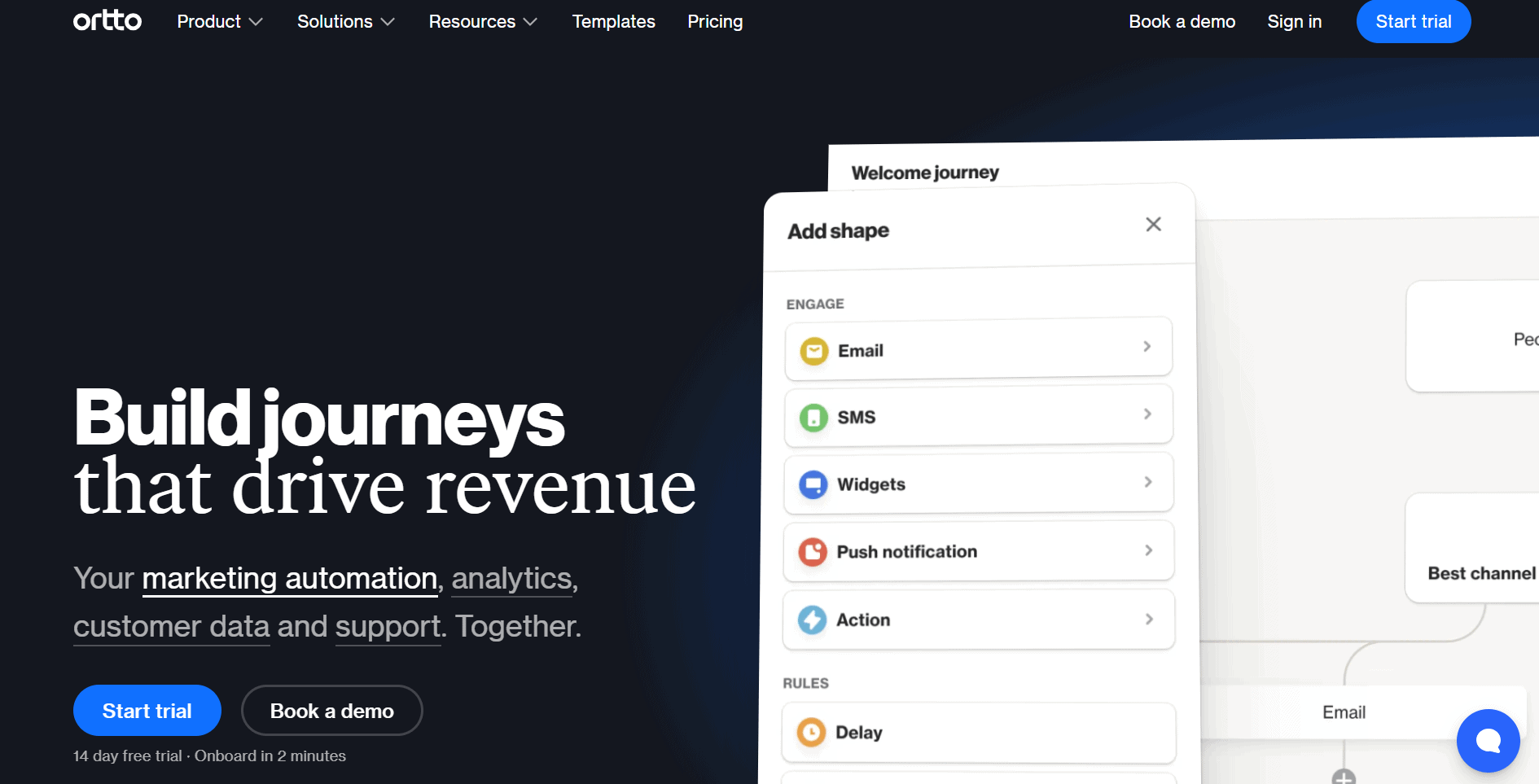
Positioned as more than just an automation tool, Ortto combines analytics with automation. It helps you track customer activity and trigger the right campaigns at the right time.
-
Mailchimp
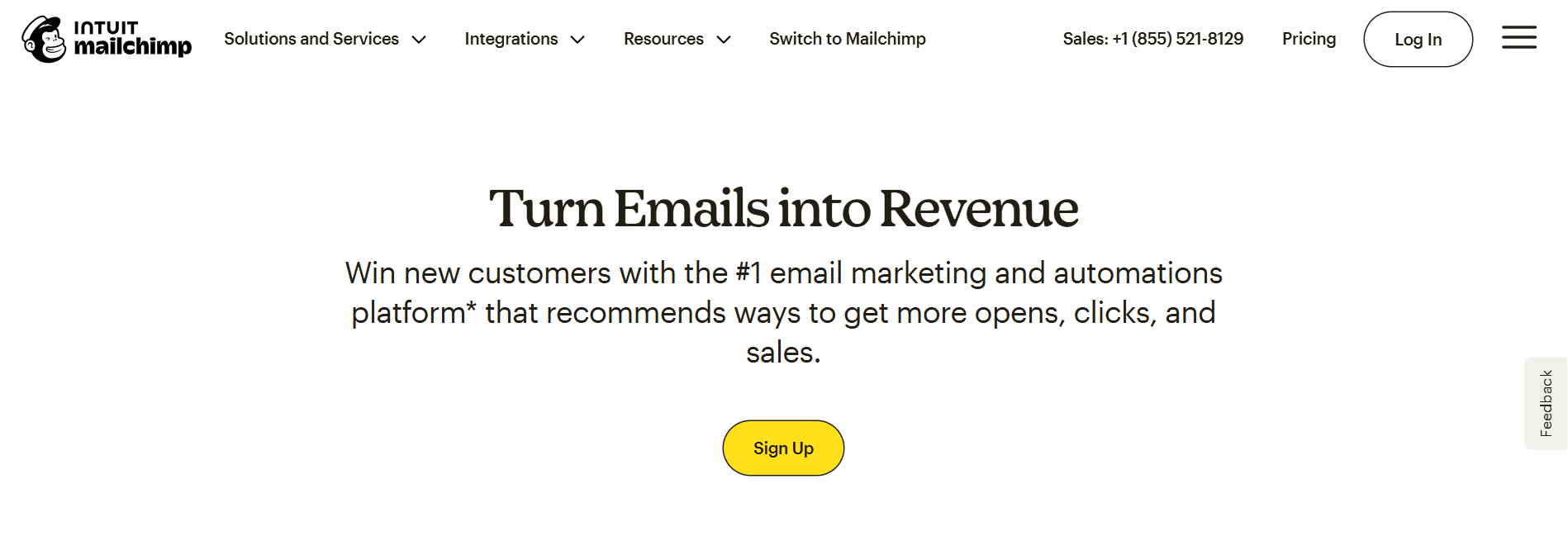
One of the most recognized names in the market, Mailchimp provides quick entry into email marketing. It’s often chosen by teams testing automation for the first time.
-
Sender
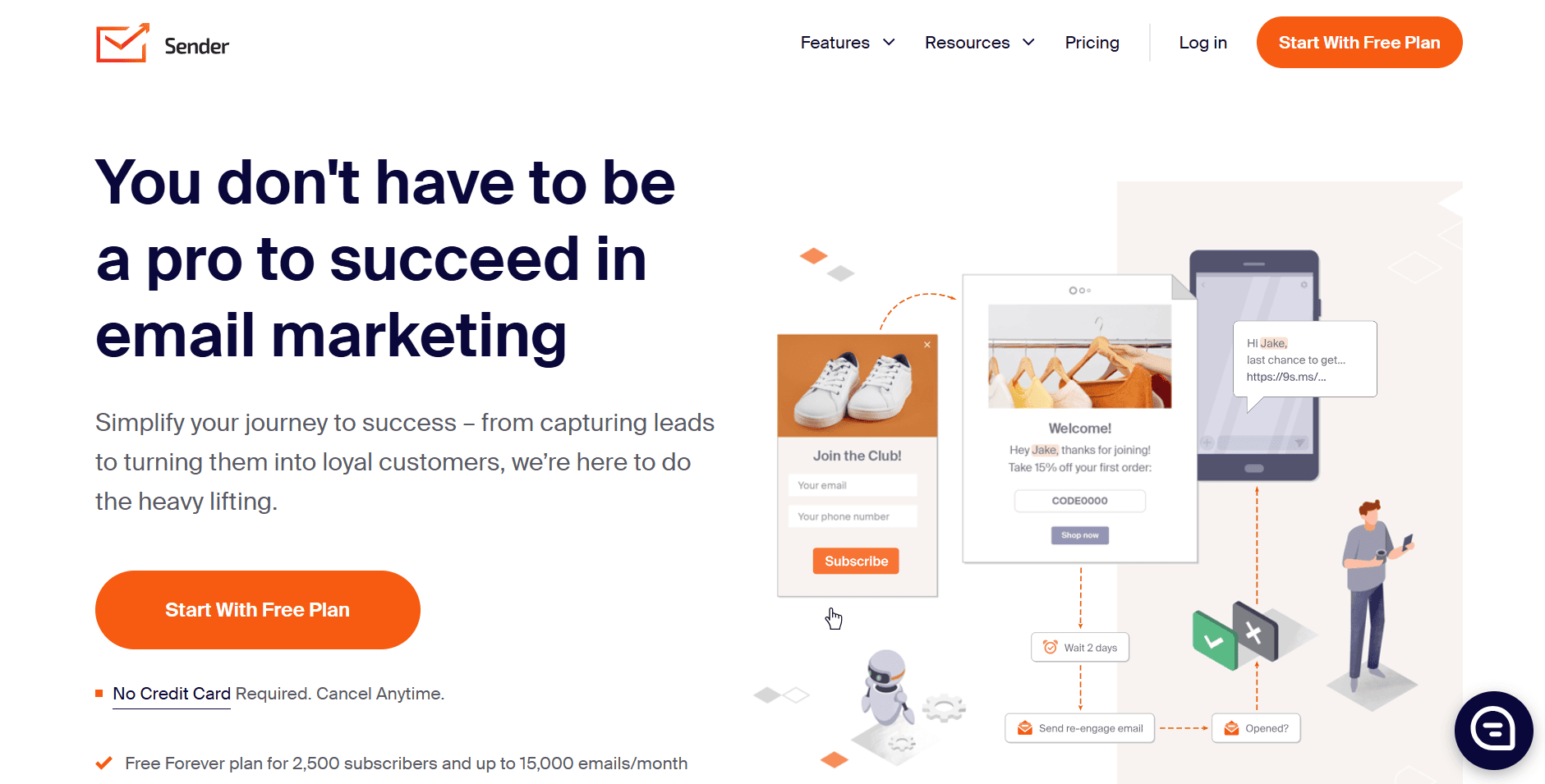
Built for cost-conscious teams, Sender is light but efficient. It keeps the focus on reliable delivery and easy design tools for simple email campaigns.
-
Why Marketing Automation Tools are a Boon for Start-Ups
You might wonder, why invest in automation when you are still small? Here’s the direct answer: they save time, boost efficiency, and make your campaigns smarter. Check out the detailed breakdown:
-
Save Hours Every Week
Automating welcome emails, nurture flows, and reporting means you do not repeat the same tasks. That frees you to build a strategy or product. Short workflows stop leads from slipping through the cracks.
-
Run Smarter With Less Staff
Currently, you can save a lot of resources with the right tools. However, the bright future of marketing automation is going to allow you to run complex & bigger campaigns with much smaller teams. One person can manage segments, sequences, and campaign calendars using templates.
-
Manage Leads Better
Automation scores and tags leads automatically. That helps you prioritize follow-ups and hand off warm prospects to sales quickly.
-
Make Decisions From Real Data
Tools collect behavior and campaign results. That data shows what works, so you can double down or stop what is not converting.
-
Personalize at Scale
Automation lets you send targeted messages depending on actions, purchase history, or pages visited. Personal messages usually convert better than generic blasts.
How to Choose the Best Marketing Automation Tool for Your Startup
Pick the tool with the right mix of automation power, integrations, price, and reporting, suitable for your requirements and circumstances. Here’s a breakdown:
- Automation Features: Look for flexible workflow builders and triggers that match real customer journeys.
- Integration Capability: Ensure the tool connects to your website, store, CRM, and ad platforms. The fewer manual exports you need, the better.
- Value Proposition: Check how pricing scales past your current list size. Choose a plan that matches your growth projections.
- Ease of Use: A friendly interface and good templates speed up rollout. Good documentation or support matters for fast setup.
- Reporting and Analytics: The best tools give you clear dashboards and exportable reports. Combine automation with strong marketing analytics tools to turn numbers into actions.
For start-ups in 2025, the right marketing automation tools can be a game-changer. From simple email builders to full CRM platforms, each tool brings unique strengths. If you want to save time, improve lead nurturing, and scale without adding more people to your team, automation is the way forward.
Frequently Asked Questions (FAQs)
1. What is a marketing automation tool?
Software that assists companies in automating repetitive marketing processes, like lead nurturing, social media posting, email campaigns, and customer segmentation, is known as a marketing automation tool.
2. What is the main purpose of marketing automation tools?
In order to improve efficiency and conversion rates, marketing automation solutions are used to handle leads, segment audiences, track user behaviour, streamline campaigns, and personalize communications.
3. What is the best marketing automation tool for new businesses?
Although the ideal tool depends on your company’s size and objectives, ViewMetrics, ActiveCampaign, Brevo, and Mailchimp are some of the best options for startups in 2025. They are popular because of their low costs, user-friendliness, and automated versatility.
4. How will marketing automation develop in the future?
AI-driven personalization, more intelligent analytics, cross-channel connectivity, and more thorough customer journey mapping are the main focuses of marketing automation’s future. All in all, the focus of marketing automation tools is always on increasing engagement and return on investment.

